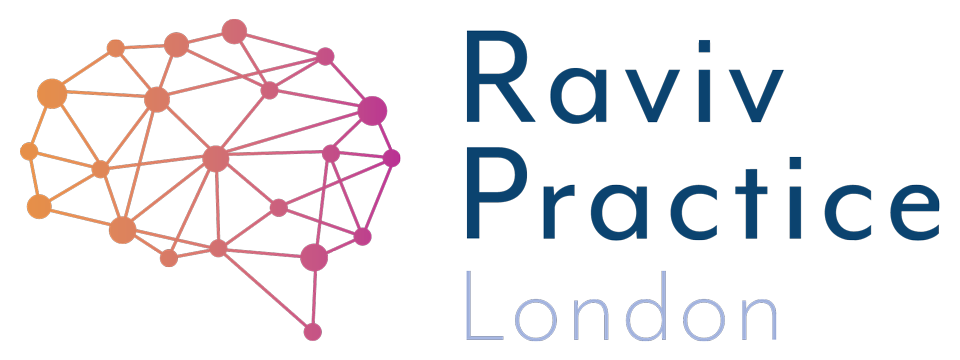Helping your child through GSCEs
Helping your child through GSCEs
Do you feel like you're taking your GCSE exams all over again? Revision demands discipline. Parents across the country work hard to help their teenagers cram in the facts before the mocks. The actual exams follow straight after the mocks.
Nobody wants to take chances. The future appears bleak without the necessary basic qualifications.
Many parents argue that the examination system doesn't suit neurodiverse individuals. Regardless of our opinions, without a radical change in educational policies, young adults about to take their first set of qualifications, summarising their academic abilities to date—will face the same challenges.
When I was a student, those taking A Levels needed to sit an exam at the end of two years of studying. For a few years, the government removed the weighted exam in favour of coursework. While the exam still existed, it accounted for only a portion of the overall grade. Recently, we reverted to a single exam for A Levels, marking a full circle in exam reform.
“these parents feel ready to take the exams themselves and often wish they could do so on behalf of their children.”
Parents navigating this process with their teenagers, giving it one last push, say they spend hours helping their child prepare, often with great success. Yet, the next day, the information seems to vanish—like a puff of smoke. With all the daily flashcards and highlighting activities, these parents feel ready to take the exams themselves and often wish they could do so on behalf of their children.
Andrew was one such parent. He managed two jobs: his day job and acting as a revision mentor for his son.
When Andrew contacted Raviv Practice London last August, he looked exhausted and confused. "Is there anything you can do?" he asked optimistically while scratching his head during our initial Zoom consultation.
I suggested a plan to boost his son's memory, stamina, and recall while reducing his feeling of overwhelm. Alongside the intensive eight-week program, I taught Andrew's son eye exercises. These exercises improved his eye tracking, convergence, divergence, saccades, and pursuits, strengthening his vestibular ocular reflex. Concerned, I recommended they see a specialist optician to address potential eye strain.
Andrew's son sent me a message in the first week of February. He explained that he had taken the English exam (the actual exam) in January and was thrilled to report that he achieved a grade 9—two grades higher than he previously thought possible. A grade 9 is the highest grade available for any GCSE exam.
“Teenagers need to pass exams, regardless of their neurodivergent needs. Helping them achieve their optimum doesn’t have to be challenging when neuroscience programs exist”
Significantly, since Andrew's son had a suspected dyslexia diagnosis, the extra time during the exam he received had not helped him much before my intervention. The 20% extra time wouldn't have benefited him if he couldn't recall the information to quickly answer exam questions.
Results like Andrew's son's are not uncommon. The process may differ depending on individual needs, but the outcome remains consistent.
Teenagers need to pass exams, regardless of their neurodivergent needs. Helping them achieve their optimum doesn't have to be challenging when neuroscience programs exist to provide the necessary infrastructure for building their brains to the best capacity.
Want to know more? Find a time that suits you here.
Dyslexia? Dyspraxia? ADHD? ASD? Speech & Language? Developmental Delay? Anxiety?
Is every school day a struggle? As a parent, you may feel exhausted and on this journey alone. Each year you see the gap getting wider. You need to do something - change the approach, help your child learn for themselves, find a way to turn this around - to help while you can - do this NOW. the first step is free.
About the Author
Usha Patel is a Neurocognitive Therapist and Director at Raviv Practice London. Parents searching to help their suspected/neurodiverse child can get evidence-based solutions with results in as little as 8 weeks. Those in search of jargon-free help can get started straight away.



